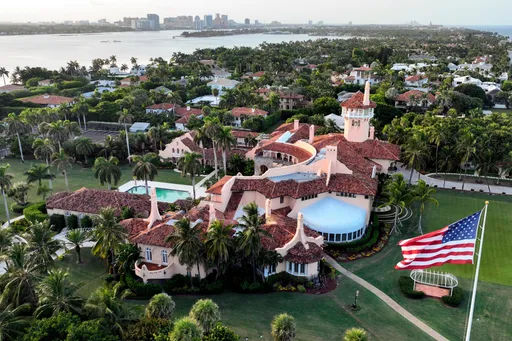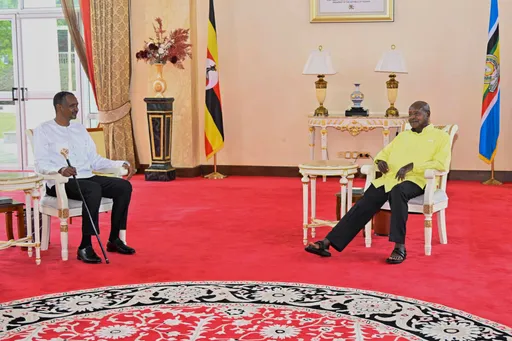It has been over a month since journalist Jamal Khashoggi has been killed at the Saudi embassy in Istanbul, but his case is no nearer to coming to justice. The Saudi authorities have arrested some suspects they say acted independently. Yet many clues point to the Saudi crown prince Mohammed bin Salman (MBS) as a criminal party.
Adam Coogle, a Middle East researcher for Human Rights Watch (HRW), spoke to TRT World, shedding light on the country’s justice system, and whether Khashoggi’s killers will ever be punished within the confines of Saudi Arabia’s “underdeveloped” judicial structure.
TRT World: How does the Saudi justice system work? What about when it comes to murder trials?
Adam Coogle: Saudi Arabia applies its own interpretation of Islamic law, and the country has no comprehensive written penal code. HRW research over the years has documented the Saudi criminal justice system’s rampant due process violations in criminal cases. The violations include long periods of detention without charge or trial, lack of access to legal assistance, and pressure on detainees to sign confessions and accept predetermined prison sentences to avoid prolonged arbitrary detention. We’ve also seen cases in which courts convicted defendants based on confessions they later recanted in court saying they were tortured or coerced to confess.
Is Saudi Arabia equipped with a fair justice system? Should the world trust them when they say they will punish the real perpetrators in the Khashoggi case?
AC: Saudi Arabia’s criminal justice system is underdeveloped and still maintains rampant due process violations. Courts and judges in practice do not appear to be independent of Saudi Arabia’s political leadership and make rulings preferred by leaders. We would not expect the process involving the perpetrators of Khashoggi’s murder to be transparent or fair.
How do you view the Saudi investigation into the killing of Khashoggi?
AC: The investigation appears to be aimed at shielding MBS from further scrutiny by pinning all blame on advisors and intelligence officials.
Has the Saudi government punished any high profile royal family members in a serious crime such as rape or murder?
AC: There are a few examples over the years, most recently the execution of a minor prince in 2016 for murder during a street brawl.
How do you see the response of Donald Trump to the Khashoggi killing? What does his position signify?
AC: Trump’s statement essentially says that heinous crimes should be ignored and human rights can be discarded if there are economic interests at play. It’s also an immoral point of view that is predicated on misunderstandings of the US-Saudi relationship.























